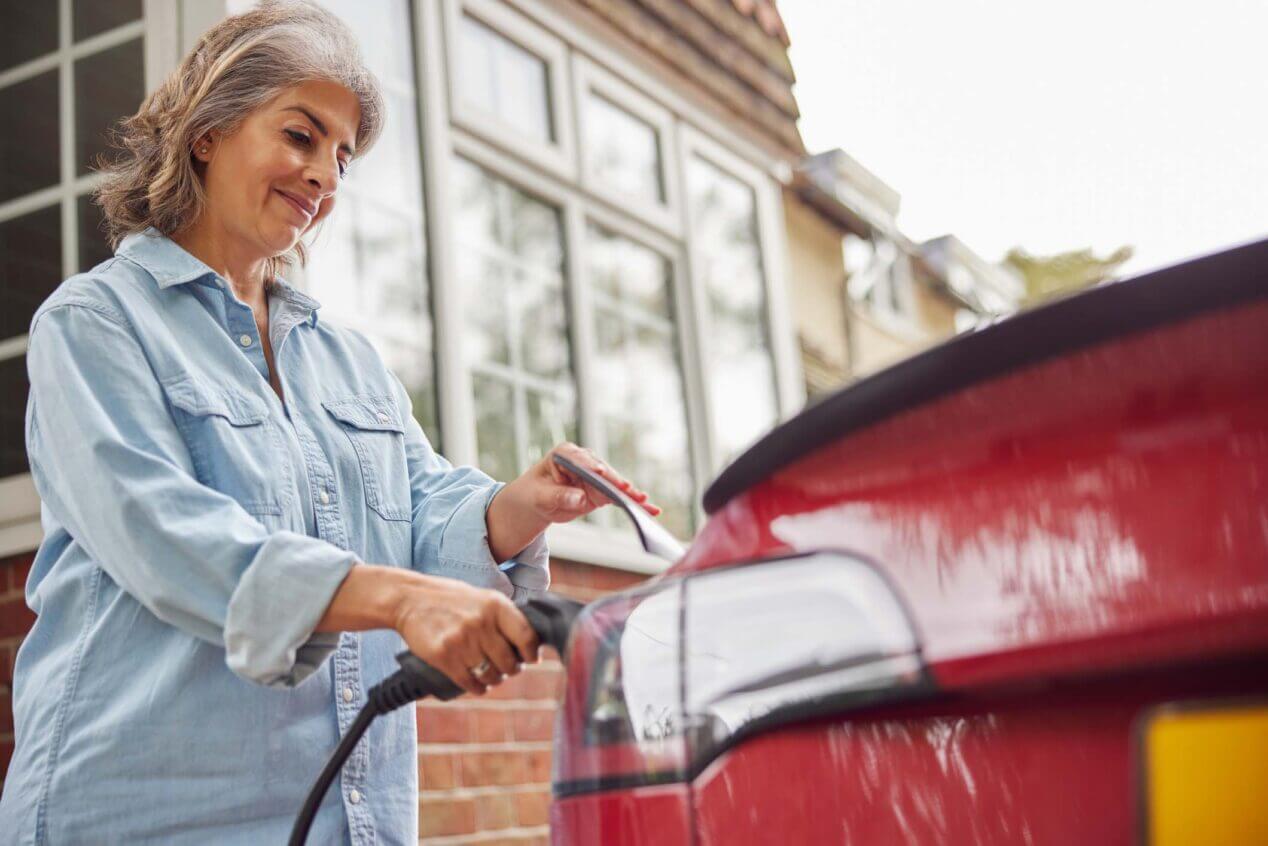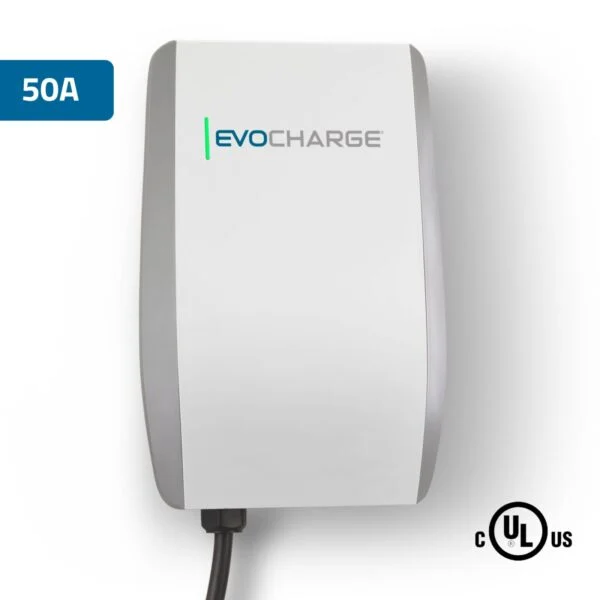There are many considerations when deciding whether to purchase a home electric vehicle (EV) charging station, and safety should be at the top of the list. This begs the question: are home EV charging stations safe?
Yes, very safe. Manufacturers of electric vehicle supply equipment (EVSE) invest heavily in third-party safety testing and provide electric vehicle charging safety guidelines in order to offer safe, home charging solutions you can rely on.
By following standard precautions, safety will be maximized while you enjoy the convenience of home charging.
Electric vehicle charging safety guidelines
At EvoCharge, safety is standard. We understand that you’re putting your trust and security in our products, so we only put products on the market that meet strict certification and industry standards:
- The EvoCharge Home 50 Level 2 home charging solution from EvoCharge is UL/cUL listed. This means it has gone through rigorous testing and certification by a third-party company that has extensive knowledge and pedigree in testing and certifying EV technologies. Examples of what is tested for certification include: chargers having internal checks on temperatures, over voltage, surges and short circuits.
- Provided you use a professional electrician to install your EVSE, our products meet the installation requirements for the National Electric Code (NEC). Used by professional installers, the NEC is widely recognized.
- Our chargers come with the Universal J1772 charger, the standard plug set by SAE International (formerly known as the Society of Automotive Engineers).
- While our chargers are made to prevent you from disconnecting during charging, if it does somehow happen, the handle and plug are designed with consumer safety in mind so that the user avoids injury.
Though home EV chargers are considered very safe, there are some basic criteria to follow in order to minimize safety risks. When charging an EV at home you should use the following guidelines for electric vehicle charging safety:
- Have a dedicated circuit for charging your EV.
- Follow your EV manufacturer’s guidelines for charging.
- Purchase and use an EV charging solution that’s been tested by an accredited third-party company (such as UL).
- Maintain the components of your charging station in accordance with manufacturer guidelines.
- Do not use an EV charger with obvious signs of damage.
EvoCharge’s charging stations follow the guidelines for electric vehicle charging safety noted above, though not all brands do so.
Can you turn on an electric car while charging?
Standard vehicles with internal combustion engines must be turned off while fueling up at the pumps to avoid the risk of fire or an explosion. EVs don’t have that issue, with built-in safeguards making it so most people don’t have to worry about electrocution or other electric issues while an EV battery charges. This means you can turn on an electric vehicle while charging. However, it’s not always practical to do so.
While it’s safe for the majority of people to turn on an EV, and use some of the vehicle’s features and amenities while charging, it will slow the car’s charging time. The more devices and power you use, the slower the charging. However, as long as you use less power than your charging solution brings in, your EV will continue powering up.
EvoCharge charging stations are designed to communicate directly with the car’s built-in safety features to stop the transfer of electricity once the battery is full. Due to the transfer of electricity automatically turning off, your EV can be safely plugged in overnight.
EvoCharge charging stations are designed to communicate directly with the car’s built-in safety features to stop the transfer of electricity once the battery is full. Due to the transfer of electricity automatically turning off, your EV can be safely plugged in overnight.
Safe home charging with EvoCharge
The Home 50 is NEMA 4-rated for indoor and outdoor use. This rating means they work properly in temperatures ranging from -22℉ to 122℉ and are protected from falling dirt, rain, sleet, snow, windblown dust, splashing water, and hose-directed water. So even if you don’t have a climate-controlled garage, the NEMA-4 rating gives you the flexibility to charge your EV inside or outdoors.
View our FAQ page, or contact us if you would like additional information about electric vehicle charging safety guidelines, the safety of charging at home, or other safety-related concerns. We also offer the EV Charging Time tool to help with meeting your home charging needs.

